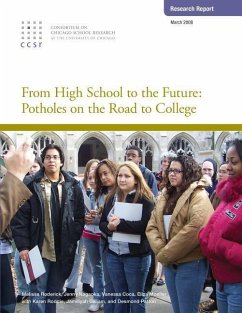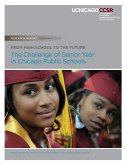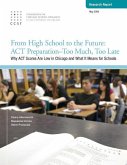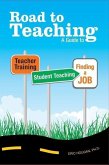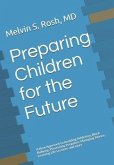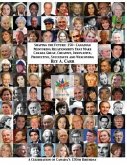The University of Chicago Consortium on Chicago School Research (UChicago CCSR) builds the capacity for school reform by conducting research that identifies what matters for student success and school improvement. Since 2004, CCSR has tracked the postsecondary experiences of successive cohorts of Chicago Public Schools graduates and examined the relationship among high school preparation, support, college choice, and postsecondary outcomes. The goal of this research is to help policymakers and practitioners understand what it takes to improve the college outcomes for urban and other at-risk students who now overwhelmingly aspire to college. This second report in the "From High School to the Future" series looks beyond qualifications to examine where students encounter potholes on the road to college. The findings reveal that Chicago students at all levels of qualifications do not successfully navigate the daunting process of enrolling in four-year colleges and too often default to colleges for which they are overqualified. The study relies on qualitative and quantitative data for CPS seniors in 2005: student and teacher surveys, transcripts, college enrollment data reported by the National Student Clearinghouse, and student interviews. Consortium researchers spent nearly two years interviewing and tracking the academic progress of 105 students in three Chicago high schools. The ten case studies included in the "Potholes" study each highlight a student who struggled at a different point in the postsecondary planning process.
Hinweis: Dieser Artikel kann nur an eine deutsche Lieferadresse ausgeliefert werden.
Hinweis: Dieser Artikel kann nur an eine deutsche Lieferadresse ausgeliefert werden.

